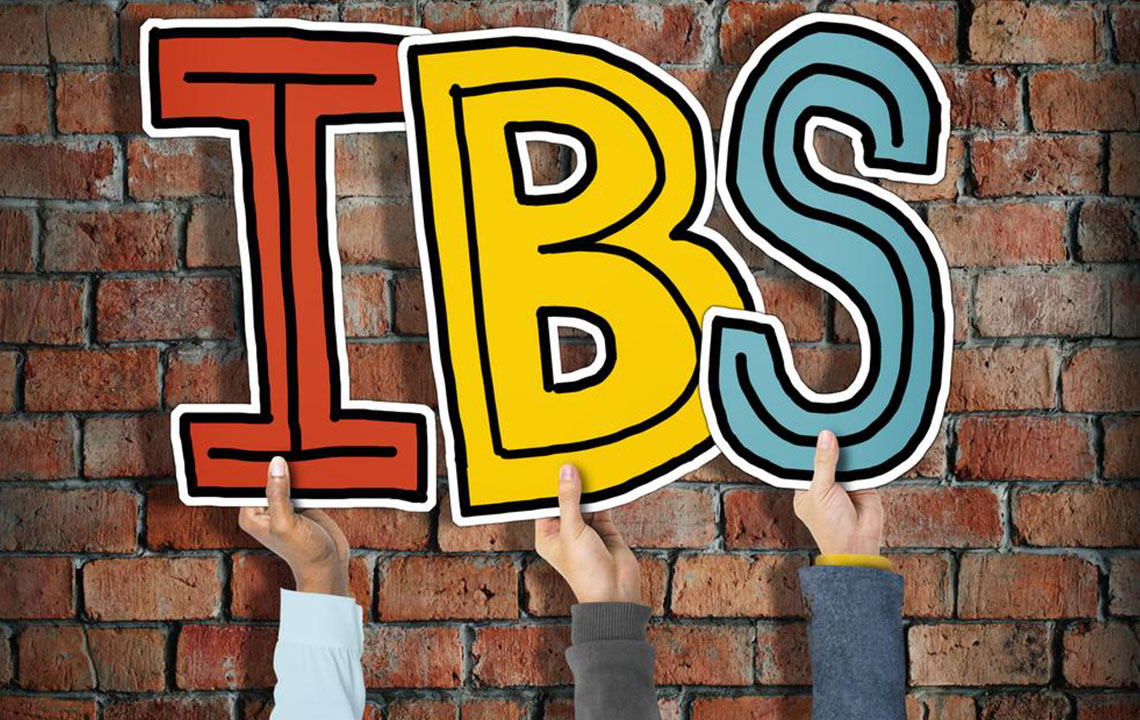In-Depth Review of Medications for Managing IBS Symptoms and Lifestyle Strategies
This comprehensive guide explores medications for managing IBS symptoms, including options for diarrhea, constipation, and pain. It emphasizes personalized treatment, lifestyle changes, and the importance of consulting healthcare professionals to optimize symptom relief. Learn about antidiarrheals, laxatives, antispasmodics, and psychological medications used in IBS management, alongside lifestyle strategies for better quality of life.

In-Depth Review of Medications for Managing IBS Symptoms and Lifestyle Strategies
Managing Irritable Bowel Syndrome (IBS) is a complex process that often requires a multifaceted approach combining medication, dietary modifications, and lifestyle changes. While medications play a crucial role in alleviating symptoms such as abdominal pain, diarrhea, and constipation, they are often most effective when integrated with complementary therapies. Tailoring treatment plans to individual symptoms is essential for optimal relief and maintaining a good quality of life.
IBS is a chronic condition with fluctuating symptoms, meaning that the choice of medication may vary depending on whether diarrhea, constipation, or abdominal discomfort presents most prominently. Understanding the wide array of available medications can empower patients to work effectively with healthcare providers to choose the most suitable options.
Medications may not completely eliminate symptoms but can significantly improve daily functioning. For instance, antidiarrheal drugs like loperamide are used primarily to control diarrhea episodes, enabling individuals to manage their routines more effectively. Conversely, laxatives such as MiraLAX help alleviate constipation, and their use should be monitored under medical supervision to prevent dependency or adverse effects.
It's important to understand the specific medications prescribed for different IBS symptoms. For severe diarrhea, options include antidiarrheal agents such as diphenoxylate with atropine (Lomotil), loperamide (Imodium), and occasionally antibiotics like Rifaximin for bloating and bacterial overgrowth issues. Bile acid binders like cholestyramine are also effective in reducing diarrhea caused by excess bile acids. For women experiencing particularly severe diarrhea, medications like Alosetron may be recommended, though they come with strict prescribing guidelines due to potential side effects.
When constipation dominates, osmotic laxatives such as Milk of Magnesia and non-absorbable sugars like Lactulose are common treatment options. Prescription medications like Linzess (linaclotide) and Amitiza (lubiprostone) are specifically designed for IBS with constipation (IBS-C), promoting intestinal fluid secretion and improving bowel movements. These drugs have shown efficacy but require medical oversight to prevent overuse or adverse reactions.
Addressing pain and cramping involves using anticholinergic medications such as Bentyl (dicyclomine), which reduce intestinal spasms. Additionally, some patients find relief with low-dose antidepressants like amitriptyline or nortriptyline, which can modulate pain perception and improve overall symptoms. For individuals with concurrent psychological conditions such as depression or anxiety, medications like Prozac (fluoxetine) or Valium (diazepam) may be prescribed as part of a comprehensive management plan.
Besides medication, lifestyle and dietary modifications are integral to managing IBS effectively. In particular, identifying and avoiding trigger foods, increasing dietary fiber intake for constipation, or reducing intake of fermentable carbohydrates (FODMAPs) can significantly reduce symptom severity. Incorporating stress management techniques, regular exercise, and adequate sleep further complement medical treatments, leading to better symptom control.
Consultation with a healthcare professional is vital to develop a personalized treatment approach that considers all aspects of the condition, including comorbidities. Regular follow-up is necessary to monitor the effectiveness of the chosen medications and adjustments as needed. Always seek medical advice before starting, stopping, or changing any medication regimen to ensure safety and efficacy.
While managing IBS can be challenging, a comprehensive approach combining pharmacological therapy with lifestyle adjustments can help patients lead more comfortable, functional lives. Staying informed about available treatments and working closely with healthcare providers are key steps toward effective symptom management.





